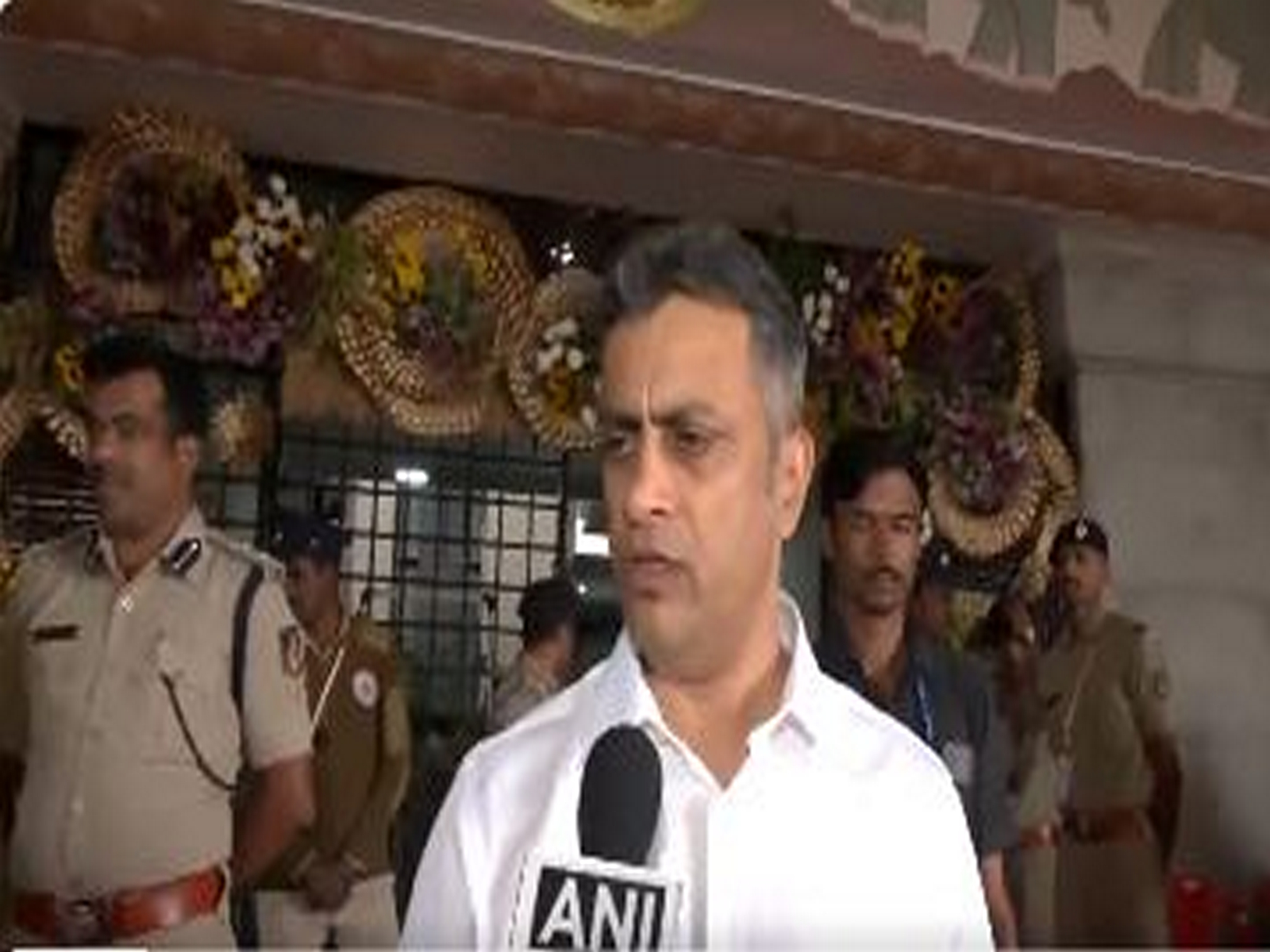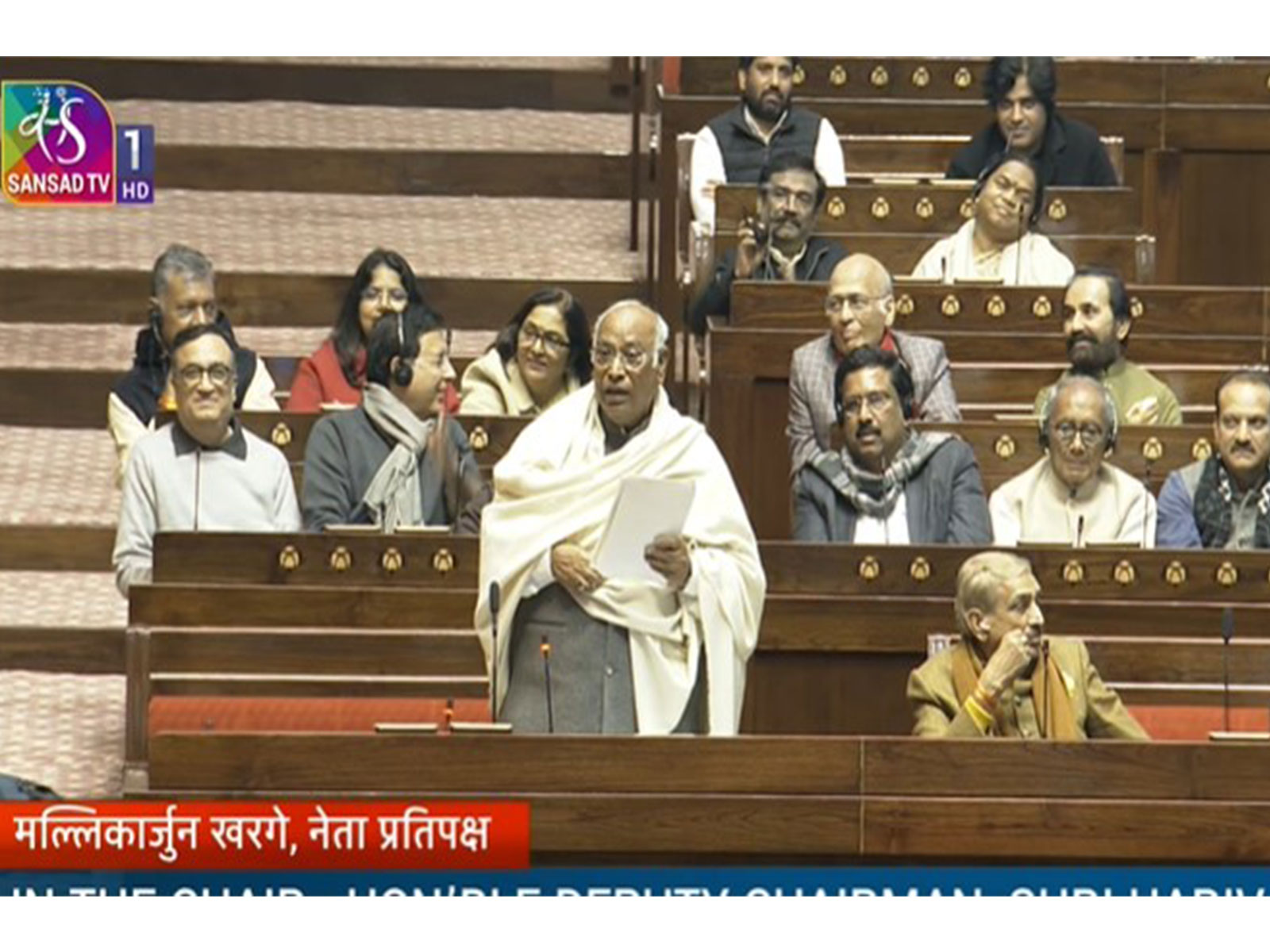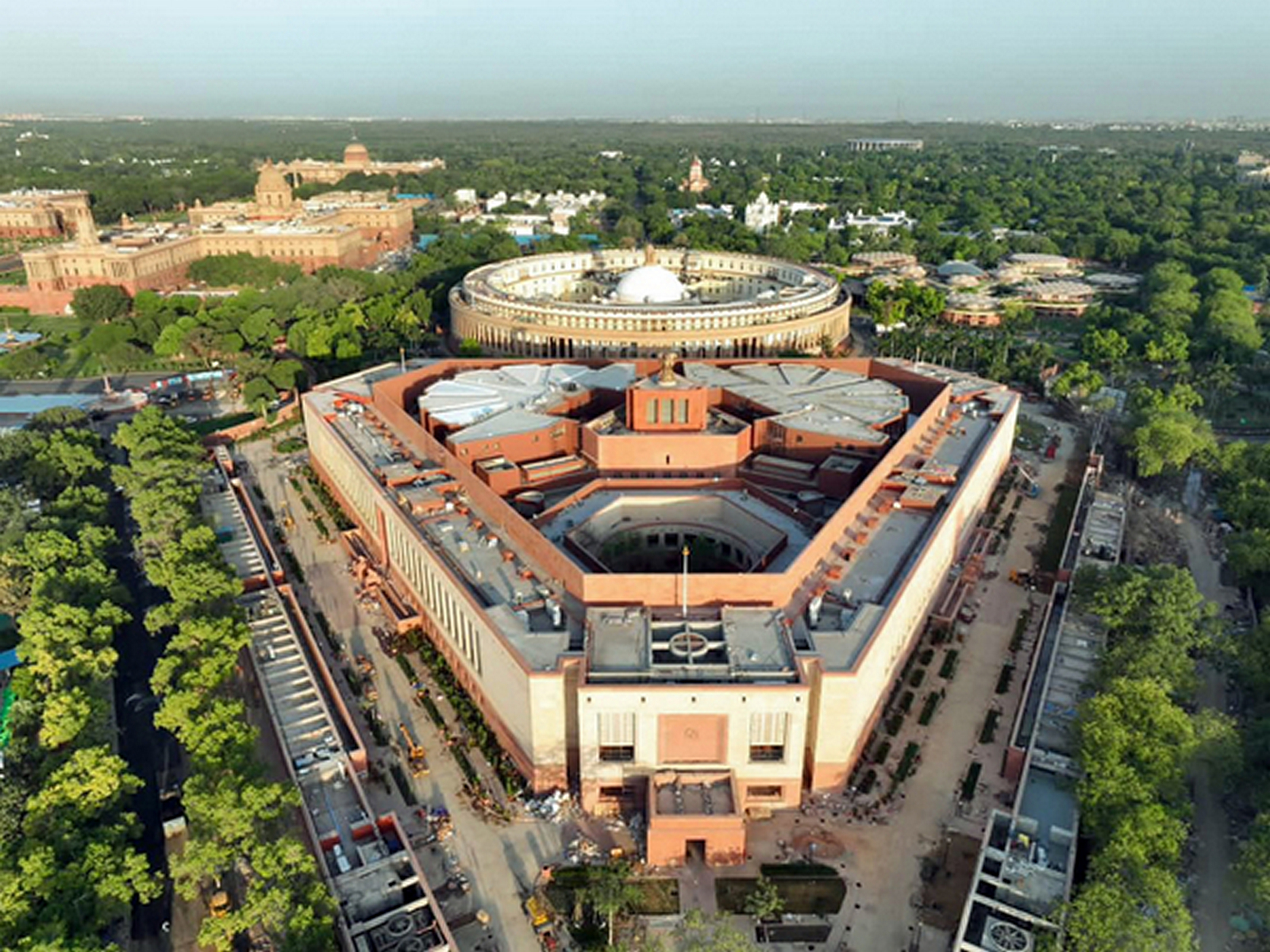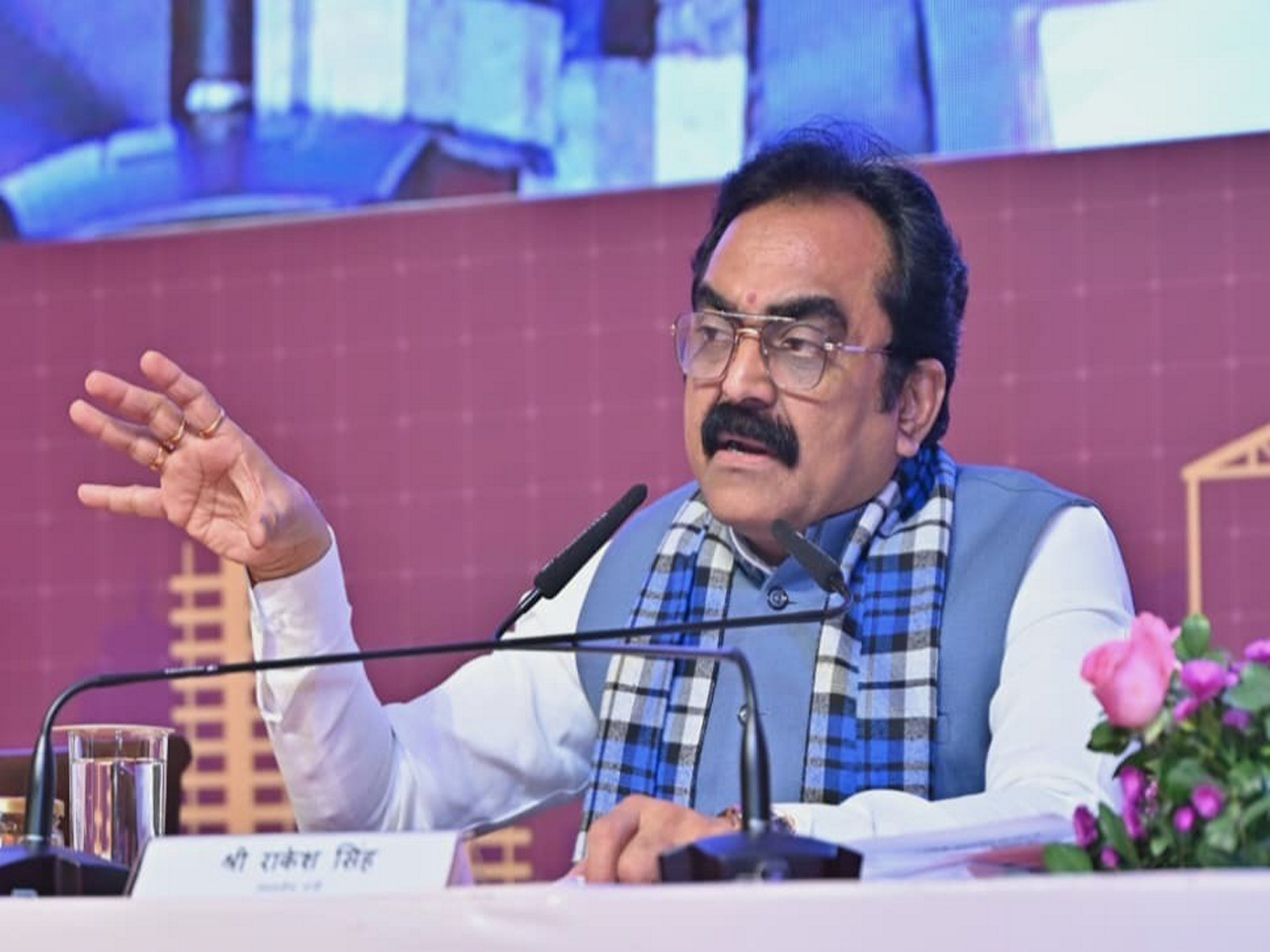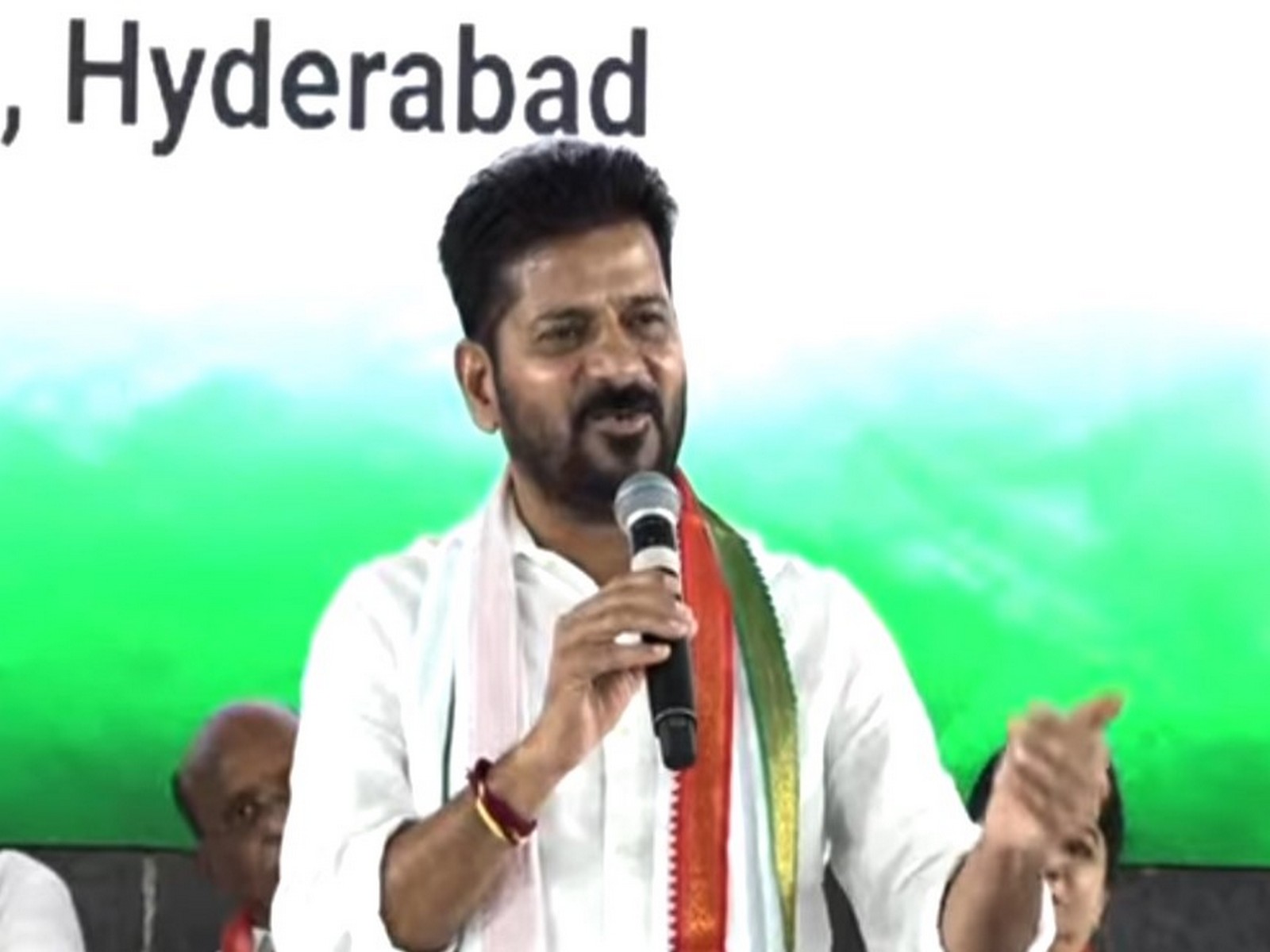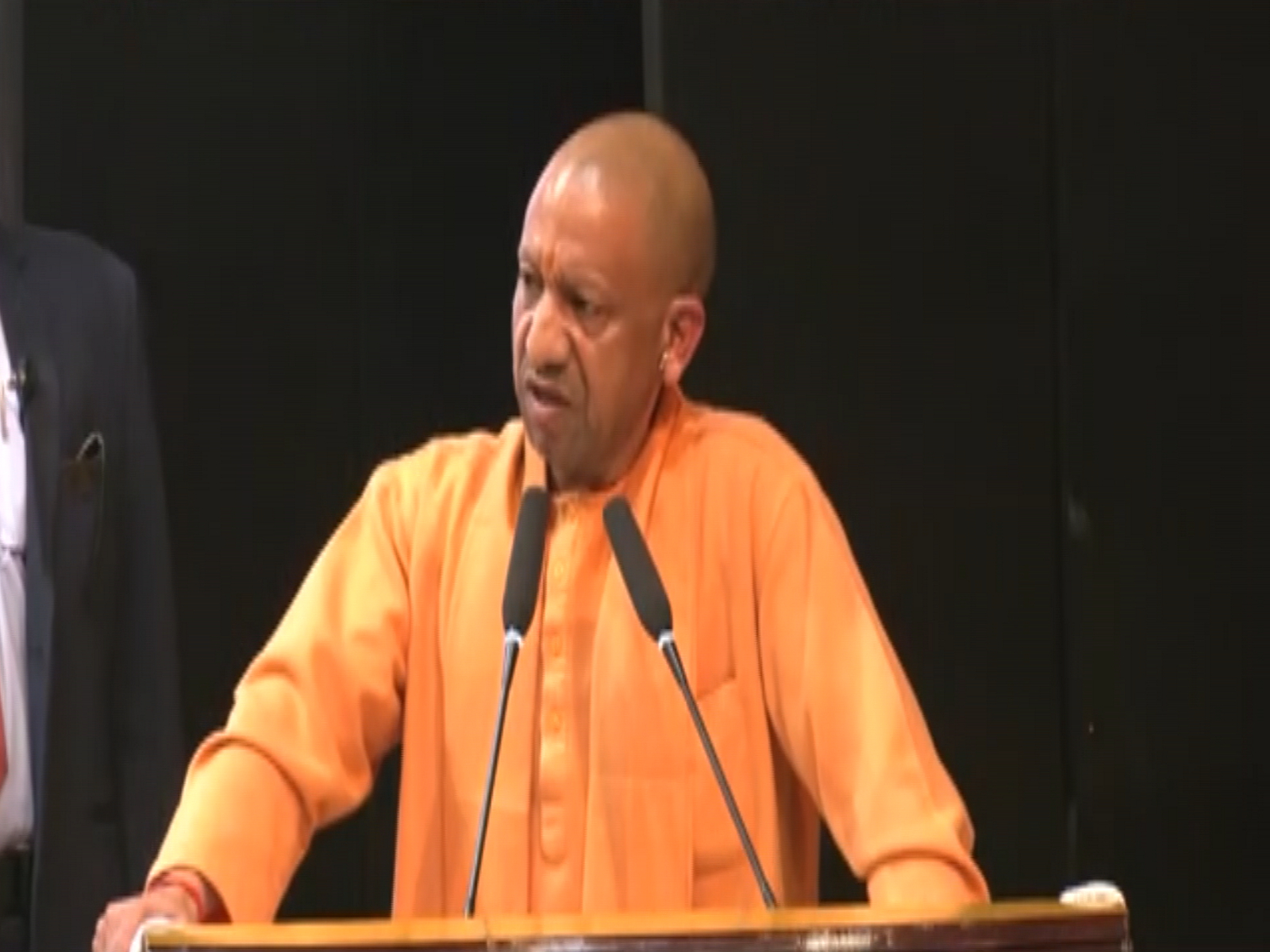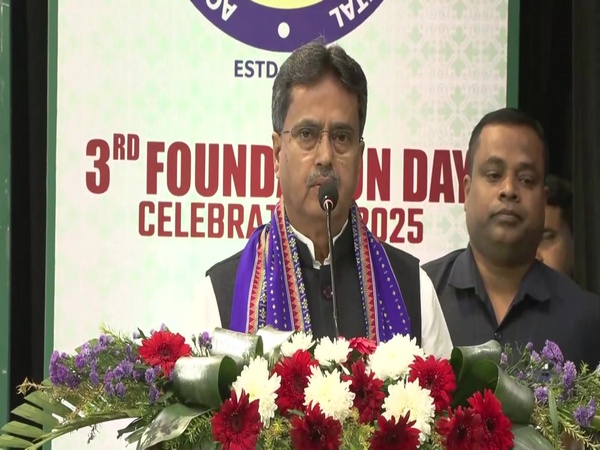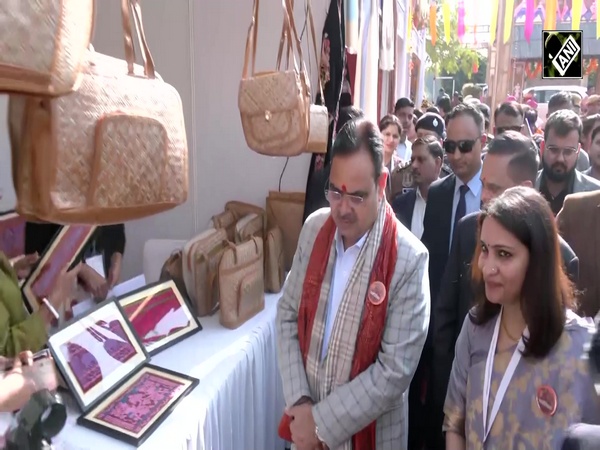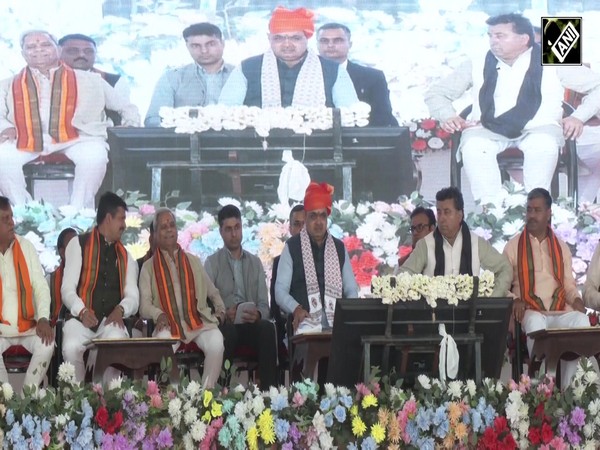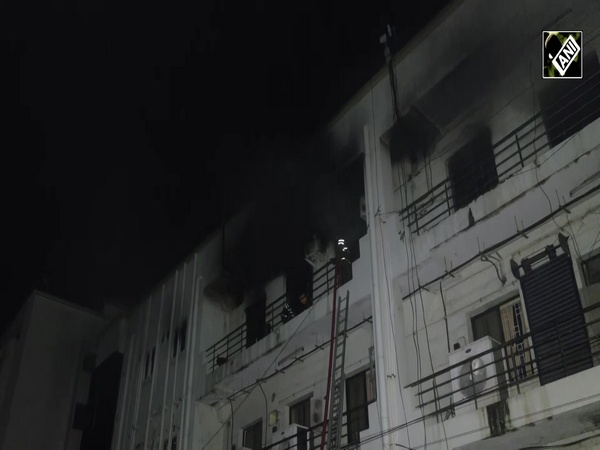Gujarat Agri Minister announces extra electricity supply, assistance package for farmers affected by rain
Sep 24, 2024

Gandhinagar (Gujarat) [India], September 24 : After continuous heavy rainfall in Gujarat, caused significant damage to crops in the state, Agriculture Minister Raghavji Patel announced that the government will soon announce assistance for the loss suffered by the farmers due to heavy rains.
The Gujarat government conducted survey work to compensate for the losses suffered by the farmers. As per recent inputs from Minister Raghavji Patel, the survey of crop damage and agricultural erosion is in the final stage. The assistance amount will be paid to the farmers immediately after the completion of the study.
"The Gujarat State Government has decided to increase the electricity supply for farmers from 8 hours to 10 hours. At this time, the peanut crop needs irrigation. The current 8-hour electricity supply has been increased by two hours, making irrigation easier," Minister Raghavji Patel said.
In August, many parts of Gujarat experienced heavy rainfall over the past few days, leading to widespread inundation.
On September 1, Alok Pandey, Gujarat State Relief Commissioner said that all districts of the state had received extremely heavy rainfall between August 25 and 30.
He said that all areas had received more than 100% rainfall. On the instructions of the Chief Minister, several video conferences were held with district-level and departmental secretaries and important instructions were given to minimise loss of life and property. The Relief Commissioner also said that assistance of Rs 4 lakh each was given to the families of those who died in the rain-related incidents.
Chief Minister Bhupendra Patel had also directed District Collectors to accelerate the recovery efforts in areas affected by heavy rains and expedite the distribution of cash assistance and household aid to needy families. Responding to the Chief Minister's directions, district administrations processed payments of cash assistance and household support to affected families in both rural and urban areas. This is being done through comprehensive surveys of the impacted regions.
